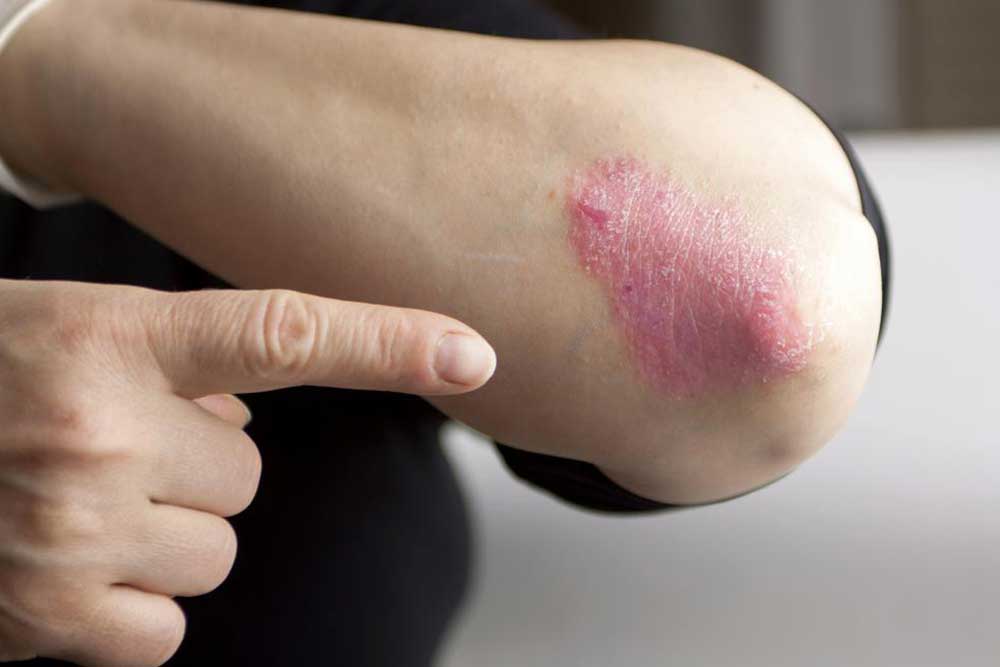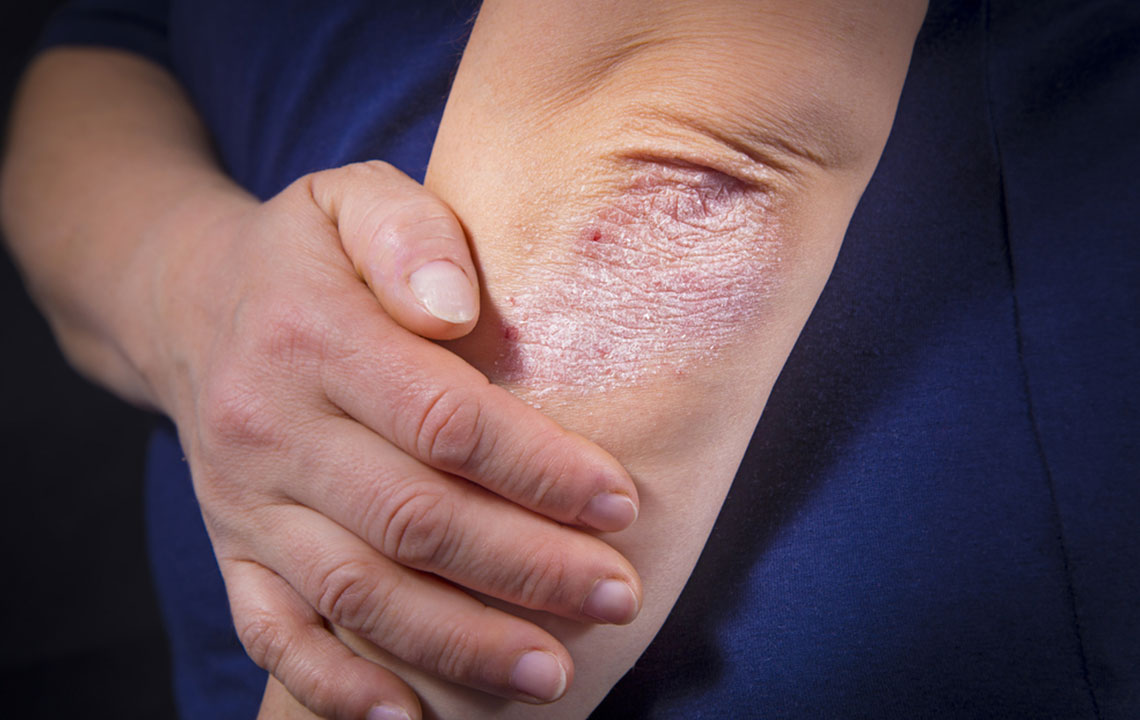Comprehensive Guide to Dietary Restrictions for Managing Psoriasis Effectively
Learn about the key foods to avoid when managing psoriasis to reduce flare-ups and improve skin health. This detailed guide covers foods rich in inflammatory compounds, gluten, processed foods, nightshades, and alcohol, providing practical tips for dietary adjustments to better control psoriasis symptoms and enhance overall well-being.

Essential Foods to Limit or Avoid to Improve Psoriasis Symptoms
Managing psoriasis involves a multifaceted approach, and one of the most significant aspects is maintaining a proper diet. Since psoriasis is an autoimmune inflammatory skin condition, certain foods can act as triggers or exacerbate symptoms. Recognizing and avoiding these foods can help reduce flare-ups, promote skin healing, and improve overall health. In this comprehensive guide, we explore the key foods that individuals with psoriasis should consider avoiding or limiting to effectively manage their condition.
Foods Rich in Arachidonic Acid: Dairy and Red Meats
Arachidonic acid is a type of fatty acid that plays a role in inflammatory processes within the body. Foods high in this compound can stimulate inflammation, which may worsen psoriatic lesions and associated symptoms. Common sources of arachidonic acid include certain animal products:
Beef and beef-based products
Processed meats such as sausages, bacon, and deli meats
Eggs and dishes containing eggs
Reducing intake of these foods can help lessen inflammation and promote skin health. Opting for leaner or plant-based protein sources is advisable for those managing psoriasis.
The Impact of Gluten and Gluten-Containing Foods
Many individuals with psoriasis report sensitivity to gluten, which can trigger immune responses that exacerbate skin outbreaks. Eliminating gluten from the diet often results in noticeable improvements in symptoms for sensitive individuals. Gluten-rich foods include:
Wheat products such as bread, pasta, and baked goods
Barley and malt, including malted beverages
Rye-based products
Foods with gluten additives or hidden gluten in processed foods
Sauces, dressings, and condiments containing gluten ingredients
Alcoholic beverages like beer, which is brewed from gluten grains
While a strict gluten-free diet may not be necessary for everyone, those with psoriasis who suspect gluten sensitivity should consider consulting healthcare professionals for testing and dietary guidance.
Avoiding Highly Processed Foods and Unhealthy Fats
Diets rich in processed and convenience foods are associated with increased calorie intake, weight gain, and systemic inflammation—all factors that can trigger psoriasis flare-ups. Processed foods often contain high levels of salt, sugar, unhealthy trans fats, and additives that promote inflammation. Examples to limit or avoid include:
Canned fruits and vegetables with preservatives
Snack foods such as chips and cookies
Sugary cereals and desserts
Foods high in refined carbohydrates
Fast food and fried items
Choosing whole, unprocessed foods, such as fresh fruits, vegetables, lean meats, and whole grains, can support better skin health and reduce inflammation.
Nightshades and Their Role in Inflammation
Nightshade vegetables, including tomatoes, potatoes, eggplants, and peppers, contain a chemical compound called solanine. Some individuals with psoriasis find that consuming these foods worsens their symptoms, possibly due to increased inflammation or digestive irritation. While not everyone reacts to nightshades, those experiencing persistent symptoms might benefit from limiting them.
It's recommended to monitor reactions and consult with healthcare providers about personal dietary modifications.
Limiting Alcohol Consumption
Alcoholic beverages are known to impair immune function and can trigger or intensify psoriasis symptoms. Alcohol also interferes with liver function and medication metabolism, further complicating disease management. Reducing or eliminating alcohol intake is advisable for better control of psoriasis and overall health benefits.
In conclusion, an individualized approach to diet, focusing on reducing inflammatory triggers and adopting anti-inflammatory foods, can significantly improve psoriasis management. Always consult healthcare professionals or registered dietitians before making substantial dietary changes, especially if you are on medication or have other health conditions. Combining dietary management with prescribed treatments can lead to more effective control of psoriasis and better quality of life.





